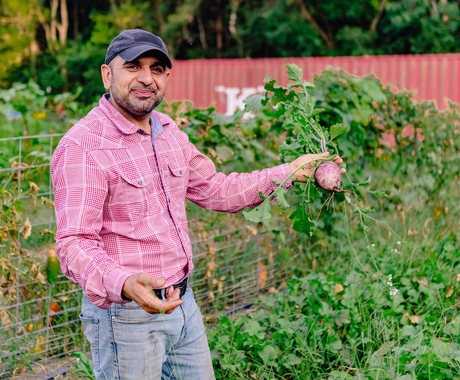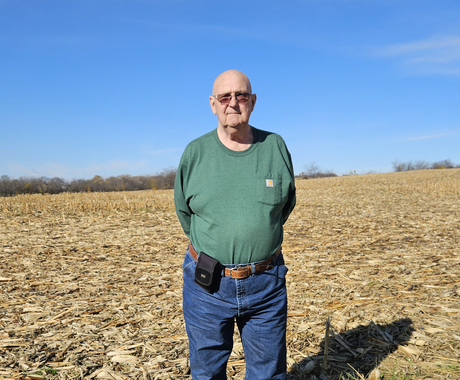A recent bipartisan survey of 501 Nebraska voters, conducted by New Bridge Strategy, revealed that 97% of participants, both rural and urban, support voluntary conservation and the benefits it provides, specifically conserving working farms and ranches.
Federal working lands conservation programs, such as the Conservation Stewardship Program (CSP) and Environmental Quality Incentives Program (EQIP), allow producers to implement a range of conservation practices on their land while maintaining livestock and crop production. These programs rely on the goodwill of producers to voluntarily enroll their farms and ranches and implement practices that benefit natural resources.
In addition to positive impacts on soil health and water quality, such as decreased erosion and better recycling of plant nutrients, these conservation programs can help producers increase yields and decrease inputs over time.
The survey also showed the majority of participants (88%) believe landowners have the right to make permanent decisions about the use of their land, and 96% support private landowners’ ability to conserve their lands as working farms, ranches, or habitat through voluntary conservation programs.
Both CSP and EQIP are underfunded and oversubscribed, indicating that a significant number of producers are interested in implementing practices, such as no-till, cover crops, or rotational grazing, but are unable to receive the financial and technical assistance provided in a contract. Combined with the 83% of survey respondents who believe there is more work to be done to protect Nebraska’s land, water, and wildlife habitat, a strong case can be made for increased support of these programs at the federal level.





